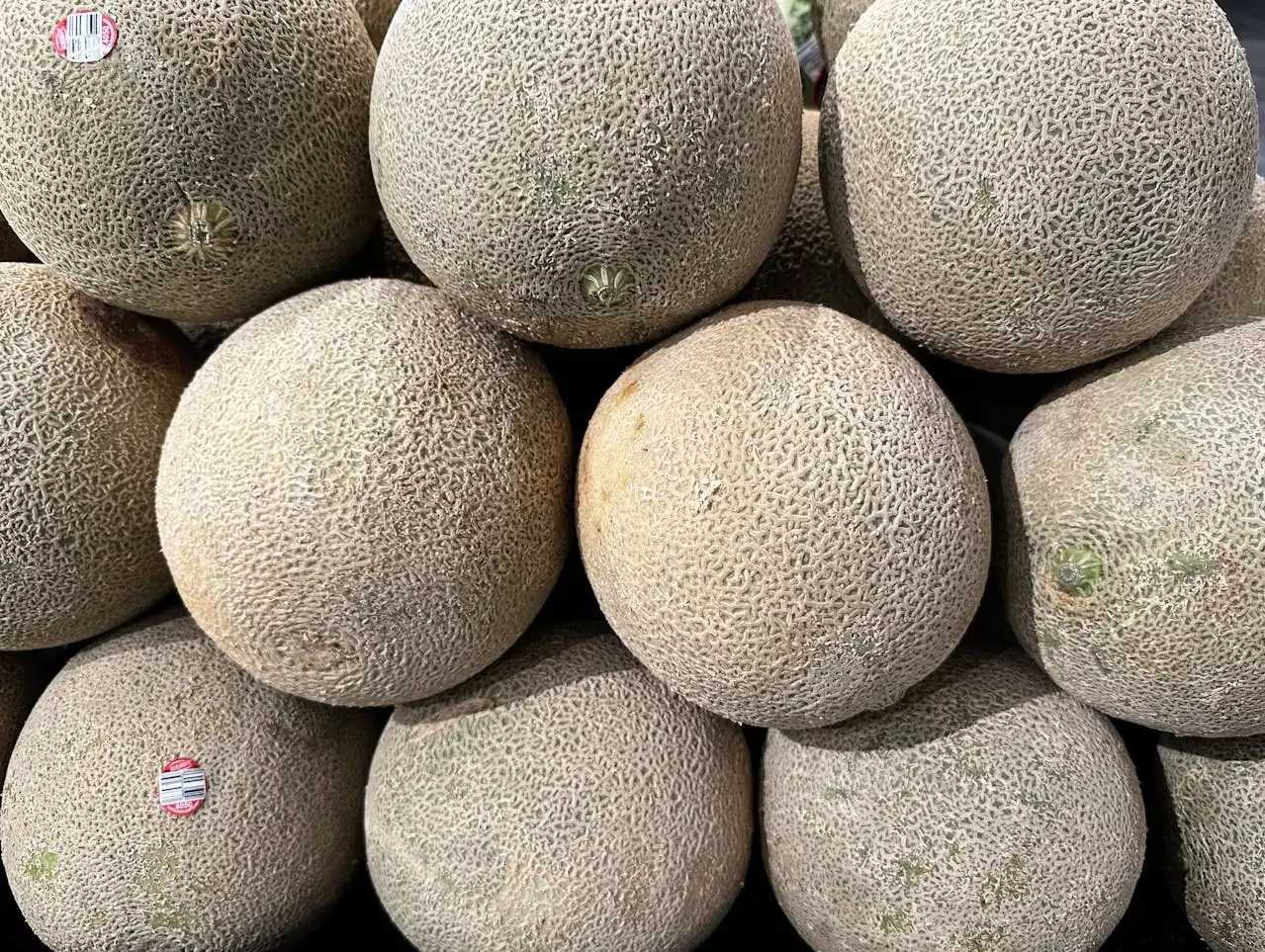
Passionate & Certified Nutritionist
Introduction
Maintaining a healthy gut is essential for our overall health. The delicate balance of bacteria in our digestive system influences various aspects of our well-being, including digestion, immunity, and even mental health. Probiotics, often referred to as “good” or “friendly” bacteria, are living microorganisms that provide numerous health benefits when consumed in adequate amounts.
What Are Probiotics?
Probiotics are live bacteria and yeasts that confer health benefits when consumed in sufficient quantities. While the term “bacteria” may typically be associated with illness, certain types of bacteria are beneficial for our bodies. Probiotics work by replenishing and promoting the growth of these beneficial bacteria in our gut, creating a balanced and healthy microbiota.
How Do Probiotics Work?
Probiotics work in several ways to benefit our health. First, they help restore the natural balance of bacteria in our gut, which may be disrupted due to factors such as poor diet, stress, or antibiotic use. By doing so, probiotics prevent harmful bacteria from thriving and causing digestive issues.
Second, probiotics aid in the breakdown and absorption of nutrients from our food, ensuring optimal digestion and nutrient utilization. They also produce certain compounds that support the integrity of the gut lining, reducing the risk of leaky gut syndrome and related inflammatory conditions.
Types of Probiotics
There are several types of probiotics, each with its unique characteristics and benefits. Here are the common ones:
1.) Lactobacillus
Lactobacillus is a type of probiotic commonly found in fermented foods and dairy products. It is known to promote a healthy balance of bacteria in the gut and support digestive health. Lactobacillus strains are often used to alleviate symptoms of irritable bowel syndrome (IBS), diarrhea, and lactose intolerance.
2.) Bifidobacterium
Bifidobacterium is another group of probiotics that reside in the large intestine. They play a crucial role in maintaining gut health and supporting immune function. Bifidobacterium strains are particularly beneficial for individuals with constipation, inflammatory bowel disease (IBD), and allergies.
3.) Saccharomyces boulardii
Saccharomyces boulardii is a beneficial yeast probiotic known for its ability to prevent and treat diarrhea, especially antibiotic-associated diarrhea and Clostridium difficile infection. It also helps restore the natural balance of gut microbiota and supports overall digestive health.
Benefits of Probiotics
Probiotics offer a wide range of health benefits, thanks to their positive influence on gut health and beyond. Let’s explore some of the key benefits associated with probiotic consumption:
Digestive Health
One of the primary benefits of probiotics is their ability to improve digestive health. They can help alleviate symptoms of digestive disorders such as irritable bowel syndrome (IBS), inflammatory bowel disease (IBD), and diarrhea. Probiotics work by restoring the balance of gut bacteria and promoting a healthy environment for digestion.
Immune Function
The gut plays a vital role in our immune system, hosting a substantial portion of its functionality. Probiotics play a crucial role in supporting immune function by enhancing the production of immune cells and strengthening the gut barrier. By maintaining a healthy gut microbiota, probiotics help defend against harmful pathogens and boost overall immune resilience.
Skin Health
The health of our skin is closely linked to our gut health. Probiotics have shown promising effects in managing various skin conditions, including acne, eczema, and rosacea. By reducing inflammation and supporting healthy microbiota, probiotics can contribute to clearer and healthier skin.
Mental Health
The gut-brain connection is a fascinating area of research, and probiotics are believed to play a role in mental health and well-being. Studies have suggested that probiotics may help reduce symptoms of anxiety, depression, and stress. By modulating the gut-brain axis, probiotics can positively impact mental health.
Sources of Probiotics
Probiotics can be obtained from various sources, including food and supplements. Some common sources of probiotics:
1.) Yogurt and Fermented Foods
Yogurt, sauerkraut, kimchi, kefir, and other fermented foods are rich sources of probiotics. During the fermentation process, certain foods undergo a transformative journey that cultivates the growth and proliferation of beneficial bacteria. Including these probiotic-rich foods in your diet can be an excellent way to support gut health.
2.) Probiotic Supplements
If incorporating enough probiotic-rich foods into your diet is challenging, you can consider taking probiotic supplements. Probiotic supplements are available in a diverse range of forms to cater to individual preferences and needs. These supplements come in various convenient formats, including capsules, powders, and liquids. It’s essential to choose a high-quality supplement with specific strains of probiotics that align with your health goals.
Incorporating Probiotics Into Your Diet
Now that we understand the importance of probiotics, let’s discuss how you can incorporate them into your daily diet:
Food Choices
Include probiotic-rich foods such as yogurt, kefir, kombucha, sauerkraut, and pickles in your meals. These foods not only provide beneficial bacteria but also offer other essential nutrients for your overall health.
Cooking and Storage Tips
To preserve the probiotic content of fermented foods, it’s best to avoid high heat during cooking. Opt for gentle cooking methods or consume fermented foods raw if possible. Additionally, store these foods properly in the refrigerator to maintain their probiotic potency.
Probiotics and Gut Health
The gut microbiota, a complex community of microorganisms in our digestive system, plays a vital role in our overall health. Probiotics have a significant impact on gut health and can help restore balance in the following ways:
Gut Microbiota
Probiotics contribute to a diverse and balanced gut microbiota by promoting the growth of beneficial bacteria. Maintaining a delicate equilibrium within our body is essential for various physiological processes, including digestion, nutrient absorption, and immune function.
Gut-Brain Connection
Emerging research suggests a strong connection between gut health and brain health. Probiotics can influence the gut-brain axis, a communication pathway between the gut and the brain, potentially impacting mood, cognition, and mental well-being.
Probiotics for Digestive Disorders
Probiotics have shown promise in managing various digestive disorders. For example, certain strains of probiotics have been found to be effective in reducing symptoms of irritable bowel syndrome (IBS), such as abdominal pain, bloating, and irregular bowel movements.
Potential Side Effects of Probiotics
While probiotics are generally considered safe for most people, they may cause mild side effects in some individuals. These can include digestive issues such as bloating, gas, or diarrhea. These side effects are usually temporary and subside as your body adjusts to the probiotics.
If you have a compromised immune system or are critically ill, it’s essential to consult with your healthcare provider before starting any probiotic supplements.
Prebiotics: The Role of Fiber
Prebiotics are a type of dietary fiber that nourishes the beneficial bacteria in our gut. They serve as fuel for probiotics, helping them thrive and multiply. Including prebiotic-rich foods in your diet, such as onions, garlic, bananas, and whole grains, can further support a healthy gut microbiota.
Frequently Asked Questions (FAQs)
1.) What are the best food sources of probiotics?
- Yogurt
- Kefir
- Sauerkraut
- Kimchi
- Kombucha
2.) Can probiotics help with weight loss?
While probiotics alone are not a magic solution for weight loss, some studies suggest that certain strains of probiotics may help support weight management when combined with a healthy diet and lifestyle.
3.) Are probiotics safe for children?
Probiotics can be safe for children, but it’s best to consult with a pediatrician before introducing probiotics or supplements. The appropriate strains and dosage may vary based on the child’s age and health condition.
4.) Should I take probiotics with antibiotics?
Antibiotics can disrupt the balance of bacteria in the gut, including beneficial bacteria. Taking probiotics during and after a course of antibiotics may help restore the natural balance of gut microbiota.
5.) How long should I take probiotics?
The duration of probiotic supplementation can vary depending on individual needs and health goals. It’s advisable to follow the recommendations on the product label or consult with a healthcare professional for personalized guidance.
Remember to choose high-quality probiotic sources, consider prebiotics for added support, and consult with a healthcare professional if you have any specific health concerns or conditions. Embrace the power of probiotics and unlock their potential for a healthier you.









